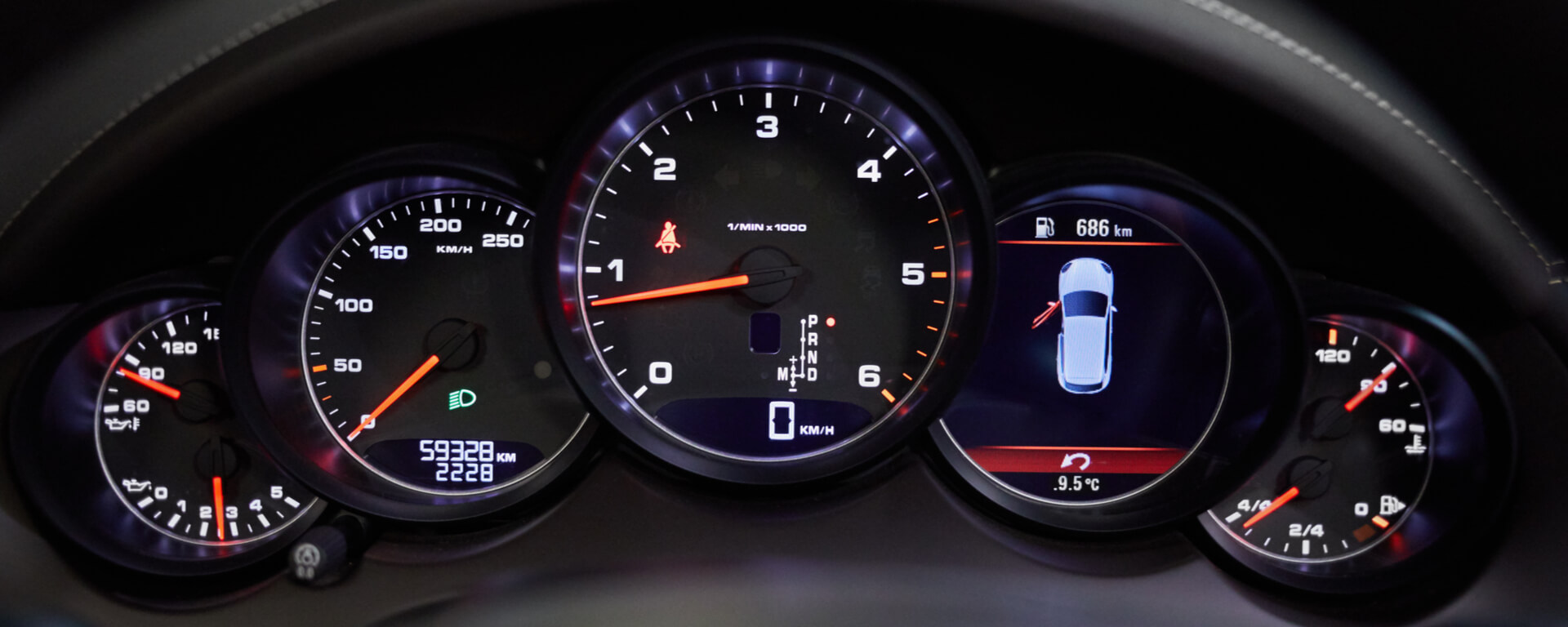You might not be a dedicated hypermiler, but with the current price of fuel (I don’t think anyone ever thought we’d see the day where 170ppl was a good deal!) as well as the cost-of-living crisis, getting the most of the fuel you’ve paid for has never been more important. Whether you’ve got a fuel guzzler or are already quite fuel efficient, there’s always something more to do to improve your MPG (Miles Per Gallon).
There’s basic advice like reducing unnecessary journeys, but there’s also physical steps and changes to your car you can make to improve your MPG without the sacrifice! Some call it eco-mods or ecomodding (economy modifications) but whatever you call it, it’s all about adding parts or changing parts to economise your car.
Knowledge is power, and power is money, so make sure you’re doing everything in terms of driving style before you even think about modifying your car, especially as modifications will require specialist modified car insurance. You could add in £10k worth of body mods, but if you still brake sharply and drive erratically you won’t notice much difference at all!
What Modifications Can You Make to Improve MPG?
1. Fuel Economy Monitor
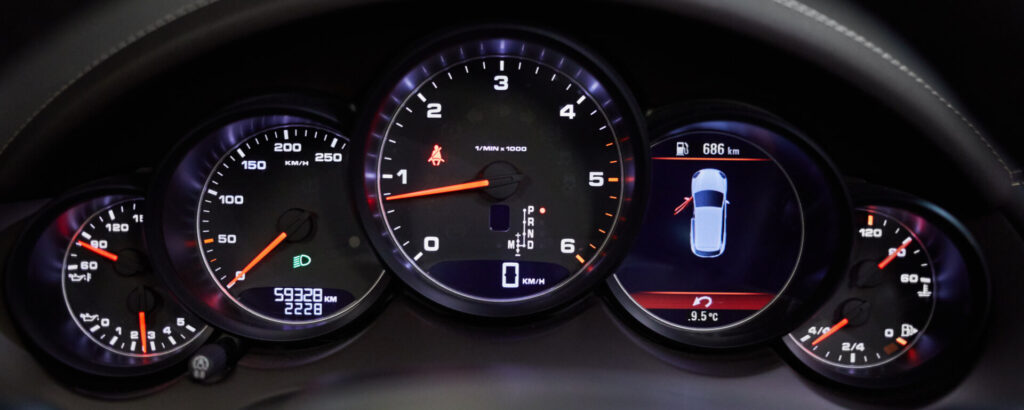
If you don’t know what your fuel consumption and MPG is, how on earth can you make any changes? For older cars, you probably won’t have a fuel economy section on your dash. Aftermarket MPG trackers and fuel economy readers can help you to understand what you’re currently doing, so you can make improvements.
These often plug into your OBD (on-board diagnostics) plug, so if you have a black box insurance policy or a similar monitoring device, this might not work for you.
2. Eco-Friendly Tyres
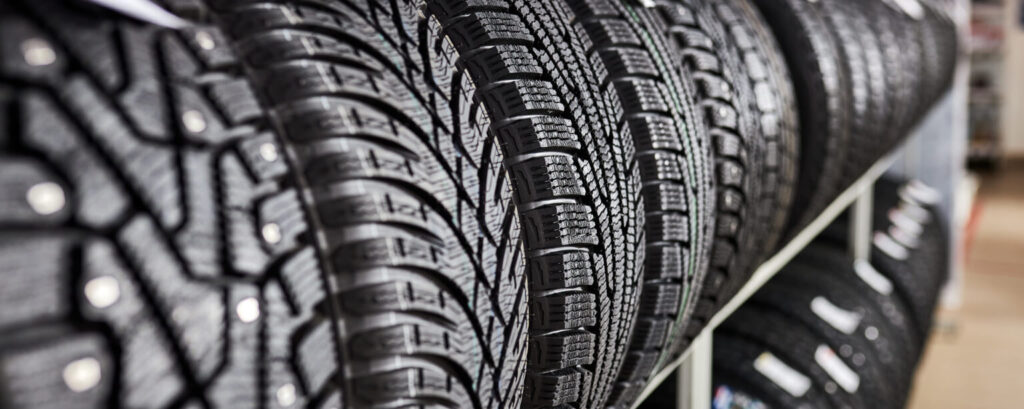
By choosing a ‘green’ tyre, or an eco-friendly tyre, you can see some serious gains, especially if you’re currently using older ones. Eco-friendly tyres have a lower rolling resistance, which is a core part of fuel economy.
Rolling resistance accounts for around 20% of a car’s fuel consumption, so having as low a rolling resistance as possible, while maintaining grip and reducing road noise, is an easy win for fuel economy.
Tyres have three grades that they’re rated on, their fuel economy, wet grip and the noise. Fuel economy and wet grip are measured in an A-G scale, and noise is provided in decibels. It’s an EU label that tyre manufacturers use to help provide conformity and standardisation in ratings. It’s easy to spot when choosing a tyre, and if you look online, you can find a tyre that meets your requirements.
3. Synthetic Oils
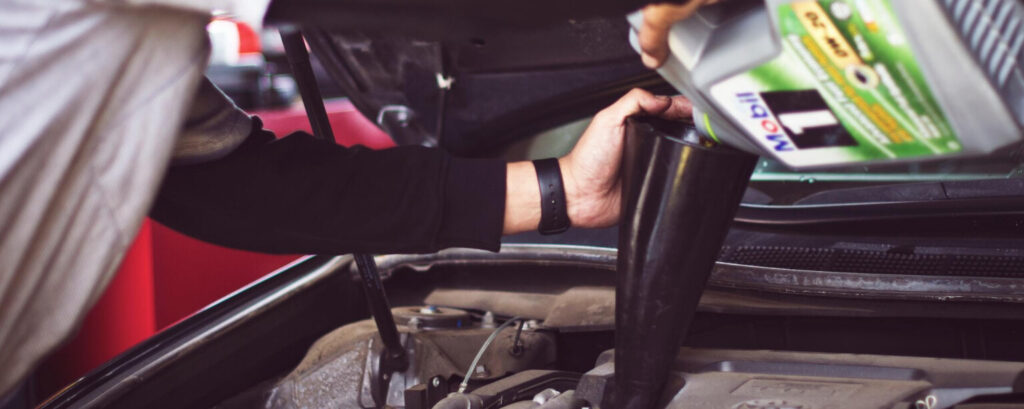
Engine oil is used to lubricate the internal components of your engine to help keep it running smoothly. Oil may just seem like oil, but it really does make a difference depending on which you use. Like with cooking oil, most people use rapeseed or sunflower in their cooking but will use olive oil as a dressing for the taste, as it’s a premium, luxury oil. The same principle also applies for engine oils.
Semi-synthetic oils will do the job of lubricating engine parts, but that’s it.
However, a fully synthetic oil won’t break down as fast, and manufacturers claim that it will keep your engine cleaner. This means that not only will you need to do fewer oil changes, but you’ll be able to see less wear and tear in your engine parts.
4. Aerodynamic Body Mods

Depending on when your car was built, it might not be the most aerodynamic car known to man. Obviously, your Porsche 911 is going to be much more aerodynamic than a Nissan Cube (I mean, what isn’t?). While there’s not much hope for Nissan Cube owners, for those who just have a slightly boxy car, there’s probably some changes you can make.
Hypermilers will tell you that removing your wing mirrors, wind screen wipers and every slight blip in your car is the way for fuel efficiency, and while there is some truth, it’s also incredibly illegal, so don’t do that.
What you can do is introduce mods that make your car look cooler and also improve fuel efficiency. Things like:
- Removing any roof racks,
- Aerodynamic front bumpers,
- Aerodynamic wheel arches and
- Lowering your suspension
…can potentially all help to improve your MPG, but it does massively depend on your current car and what it looks like. Another thing to consider is that a generic front bumper you’ve got off Facebook Marketplace probably won’t do anything, as it hasn’t been designed for your car. You would need to consult a professional first, as it’s easy to make a severe error when installing body mods, or ones that can be dangerous for you and other road users.
5. Weight Saving Parts
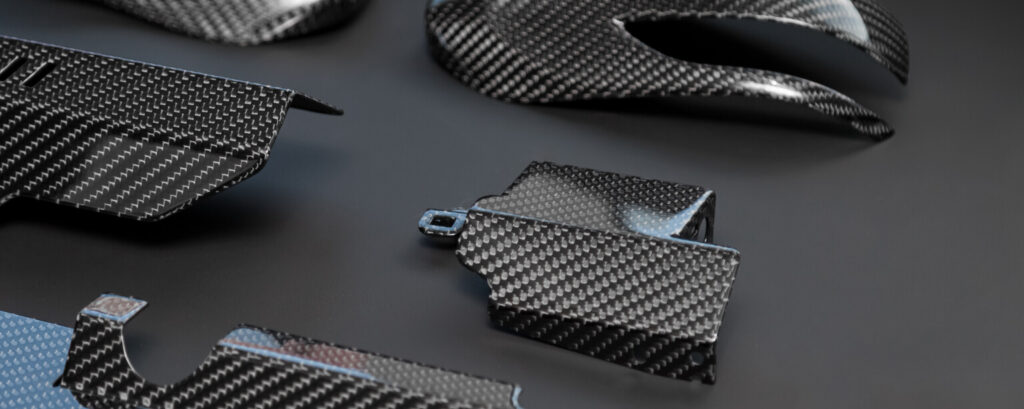
If you’ve got loads of heavy steel or alloy metal parts, replacing them with carbon fibre or lighter materials can make MPG savings. A 50kg weight saving will give an approximate 2% saving in fuel consumption.
So, if there’s options for your car for carbon fibre or weight saving parts, it’s probably a good idea to swap them out. Like that famous UK supermarket brand says, every little helps.
6. Go Automatic
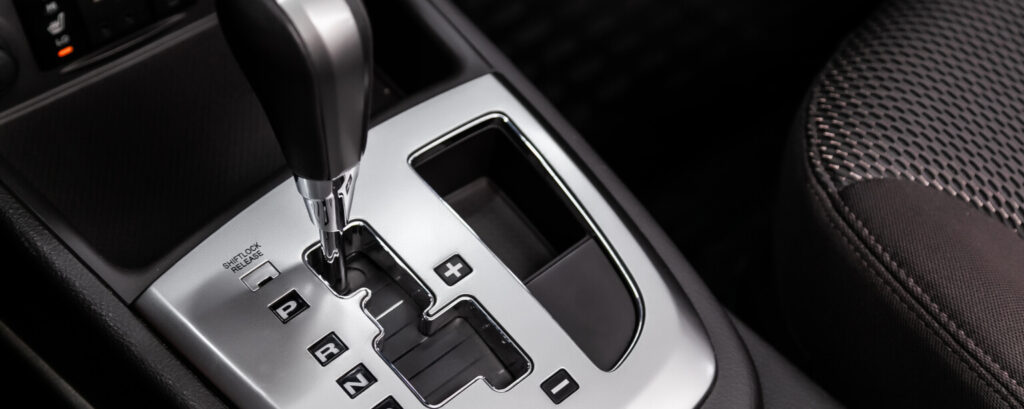
This isn’t exactly a mod that you can do, but when looking for your next car, consider automatic over manual. As automatic transmission will put your car into the right gear at the right time, you’ll be more efficient without having to do anything.
It’s not necessarily a modification, but something to definitely consider if you’re about to change cars anyway!
7. ECU Tune/Remap
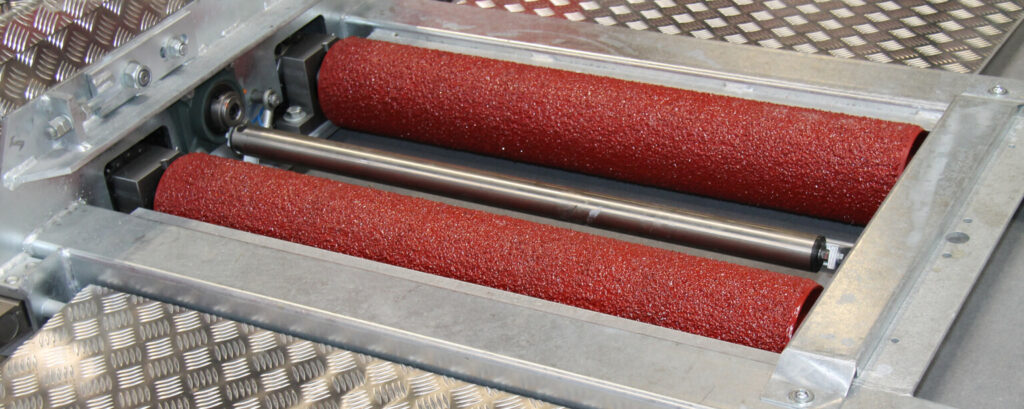
And the modifier’s favourite, remapping or tuning your ECU! When you get your car tuned, you can see not only horsepower gains but also fuel economy gains. A professional car tuner will be able to listen to your goals and adjust your ECU to get the most out of your car.
This isn’t something you can do yourself, as modern cars are especially tricky to tune. Professional tuners will either have garages that you can visit, or sometimes they’ll visit your local garage as they need a rolling road/dyno test to be able to accurately make any changes. Be prepared to not only pay for the tune itself, but also for use of the rolling road, as this might not be charged together.
Modified Your Car? Get Modified Insurance from Keith Michaels
If you’ve made any hypermiling mods to your car, make sure to get a specialist modified car insurance policy that properly covers you for any changes you made, without breaking the bank.
Get in touch with Keith Michaels. We have over 35+ years’ experience providing unique specialist insurance schemes for a variety of needs, including modified cars.


